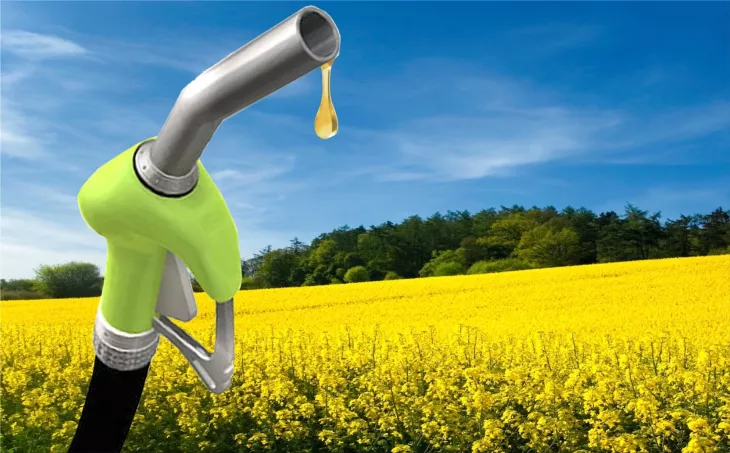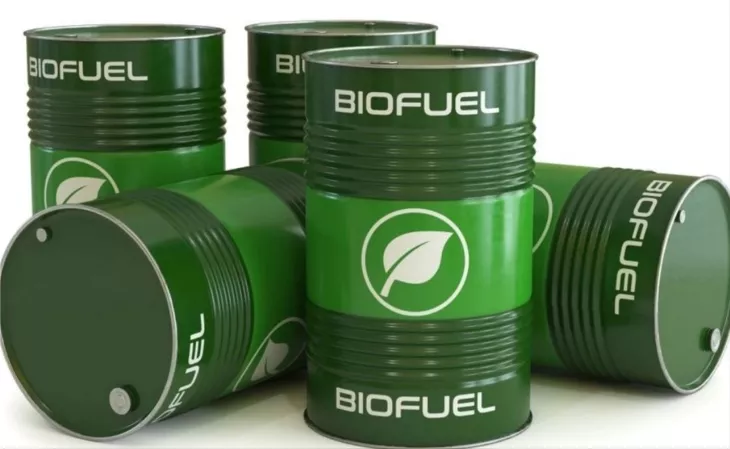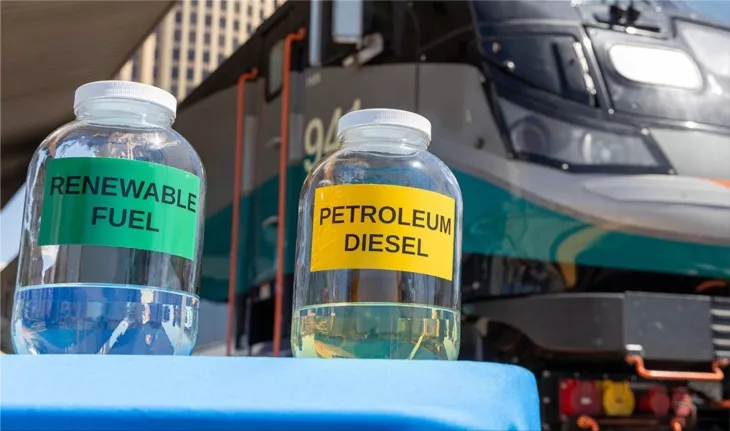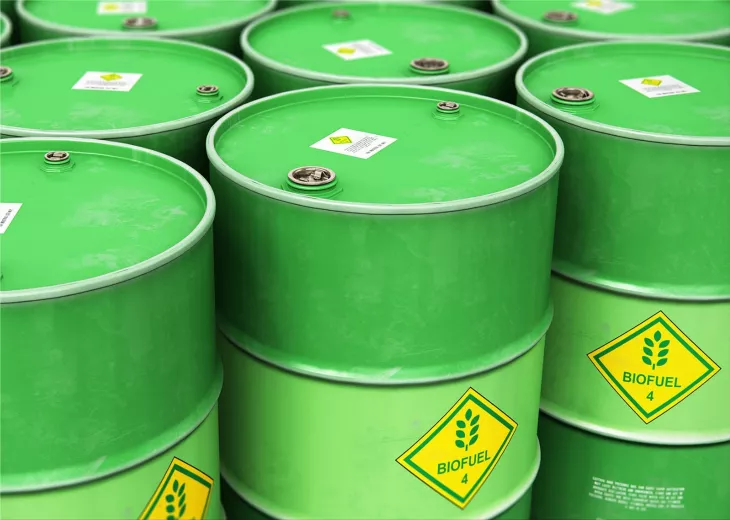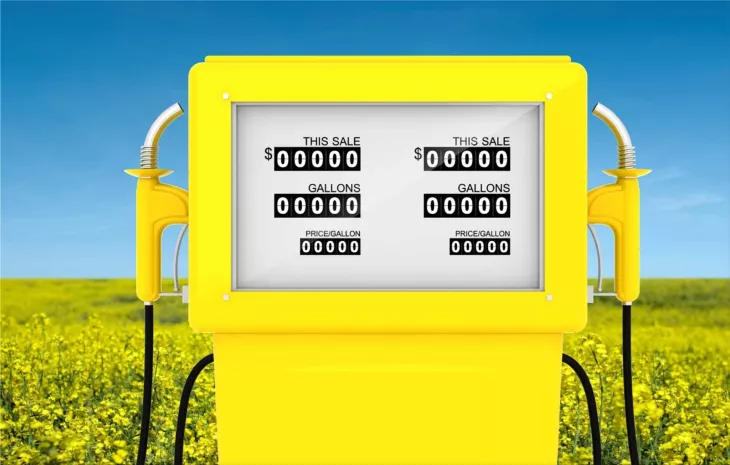Vegetable oils are not only good for cooking but also for generating electricity. That's right, these natural oils derived from plants can be used as a renewable fuel for power plants based on low and medium-speed diesel engines. In this article, we'll explore the potential of vegetable oils as a viable alternative to fossil fuels in power generation.
Diesel engines are commonly used in power generation due to their high efficiency and reliability. They are also more flexible and easier to operate compared to other types of engines. However, diesel engines also emit pollutants like nitrogen oxides (NOx) and particulate matter (PM) that contribute to air pollution. Vegetable oils have been found to produce lower emissions of NOx and PM compared to diesel fuels.
Vegetable oils are renewable, abundant, and produce lower emissions compared to fossil fuels. They are also readily available and can be produced locally, reducing dependence on foreign oil. Vegetable oils can be used directly as fuel in diesel engines, or they can be converted into biodiesel through a process called transesterification. Biodiesel is a liquid fuel that has similar properties to diesel fuel but with lower viscosity and higher cetane number.
Vegetable oils have important advantages over both heavy fuel oil (HFO) and marine gas oil (MGO), the fuels currently used in diesel power plants by large two-stroke low-speed diesel engines and by medium-speed diesel engines, respectively. The emission of certain pollutants and greenhouse gases like SOx, soot, and, mainly, CO can be reduced by using vegetable oils in these types of engines.
According to a study published in the Journal of the Energy Institute, vegetable oils can substitute HFO and MGO without almost any engine modification. The study evaluated the feasibility of using vegetable oils as fuel for power plant diesel engines and the problems that can be derived from their use. The study found that vegetable oils can reduce the formation of soot because they do not contain sulfur. Soot is a major contributor to PM emissions and has adverse effects on human health and the environment.
The study also found that vegetable oils can reduce the emission of gaseous pollutants except for NOx. NOx emissions are mainly influenced by the combustion temperature and pressure, which are higher in diesel engines than in gasoline engines. NOx emissions can be controlled by using exhaust gas recirculation (EGR) or selective catalytic reduction (SCR) systems.
However, vegetable oils also have some drawbacks that need to be addressed before they can be widely used as fuel for power plants. One of the main challenges is their high viscosity, which can cause problems in fuel injection systems and combustion chambers. High viscosity can lead to poor atomization, incomplete combustion, carbon deposits, injector coking, and engine wear. To overcome this problem, vegetable oils need to be heated before injection or blended with diesel fuel or biodiesel.
Another challenge is their low oxidation stability, which means they can degrade over time due to exposure to oxygen, heat, light or metals. Oxidation can cause an increase in viscosity, acidity and peroxide value, which can affect the fuel quality and performance. Oxidation can be prevented by using antioxidants or storing the fuel in dark and cool places.
A third challenge is their high content of unsaturated fatty acids, which makes them prone to polymerization or gum formation when exposed to high temperatures or pressures. Polymerization can cause an increase in viscosity, filter plugging, injector fouling and engine damage. Polymerization can be avoided by using additives or reducing the residence time of the fuel in the engine.
Despite these challenges, vegetable oils have great potential as a renewable fuel for power plants based on low and medium speed diesel engines. They can offer environmental benefits by reducing emissions of greenhouse gases and air pollutants compared to fossil fuels. They can also offer economic benefits by reducing fuel costs and enhancing energy security.
Vegetable oils are not only good for cooking but also for generating electricity. By using vegetable oils as a renewable fuel for power plants based on low and medium speed diesel engines, we can make our energy system more sustainable and cleaner.





